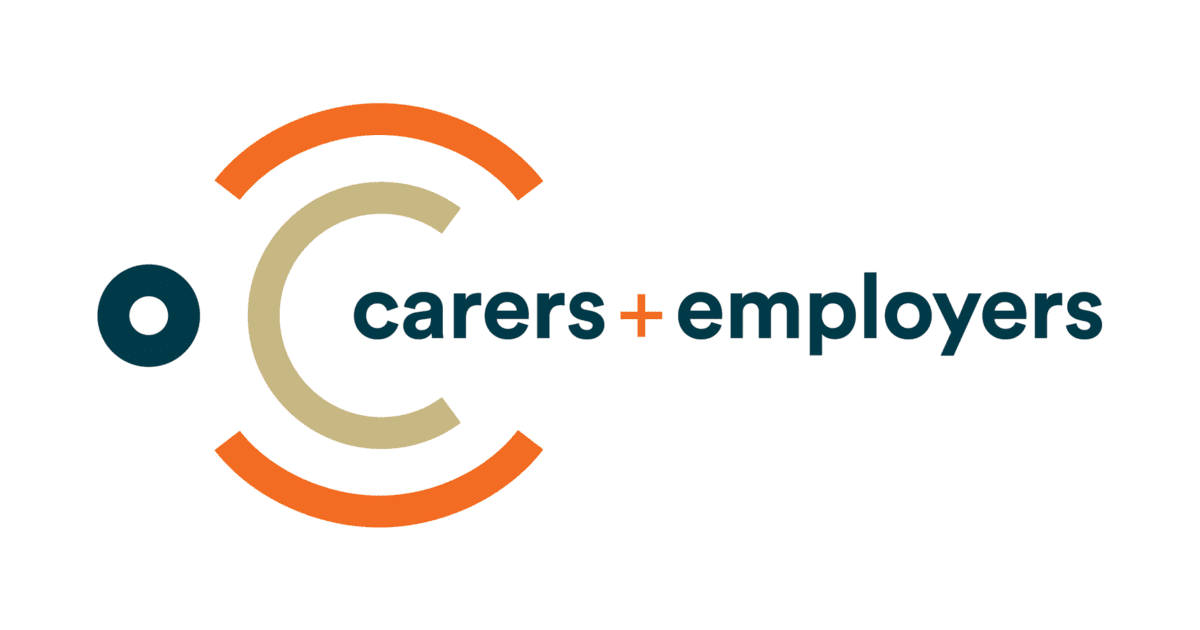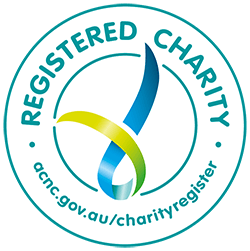GP Carer Aware Project
Recognising and supporting carers early in their roles is crucial to alleviate stress and promote overall wellness. General practitioners (GPs) serve as an ideal point of contact for identifying and supporting carers, given their frequent interactions during medical visits for themselves or the person they care for.
The GP Carer Aware Program provides comprehensive education and a support system for GPs and medical centre staff to enable them to support unpaid family carers in Western Australia.
The aim is to empower GPs to identify, engage, and support carers effectively, ultimately reducing carer stress, hospital admissions, and improving overall health outcomes for both carers and their loved ones.
As a bonus, once the educational component of the program has been completed, GPs are able to self-log Educational Activity CPD hours.
Please note that this program is currently in the pilot stage. GPs who would like to enquire or express interest are encouraged to contact the GP Carer Aware team on gpcareraware@carerswa.asn.au.
Program Benefits
- Improved Patient Outcomes: Supporting family carers within the GP practice enhances their ability to manage their loved ones’ care effectively, resulting in better health outcomes, fewer hospital admissions, and improved disease management.
- Reduced Carer Stress and Burnout: Providing carers with access to information, respite care services, counselling, and support groups alleviates the physical, emotional, and financial burden of caregiving, enabling them to continue providing high-quality care without compromising their own well-being.
- Enhanced Communication and Coordination of Care: Actively involving family carers in the care process facilitates better communication and coordination among healthcare providers, carers, and patients, leading to timely interventions, improved care outcomes, and cost savings for the healthcare system.
- Improved Patient Engagement and Satisfaction: Actively involving family carers in the care process leads to better outcomes and higher patient satisfaction. This not only fosters loyalty to the practice but also generates positive word-of-mouth referrals, ultimately increasing patient retention and practice reputation.
- Enhanced Compliance and Streamlined Workflow: Educated carers contribute to better treatment adherence, fewer missed appointments, and improved health outcomes for patients.
- Reduced Administrative Burden: Assisting in care coordination tasks, such as updating medical histories and scheduling appointments, streamlining workflow processes, and boosting efficiency, can decrease admin tasks.



